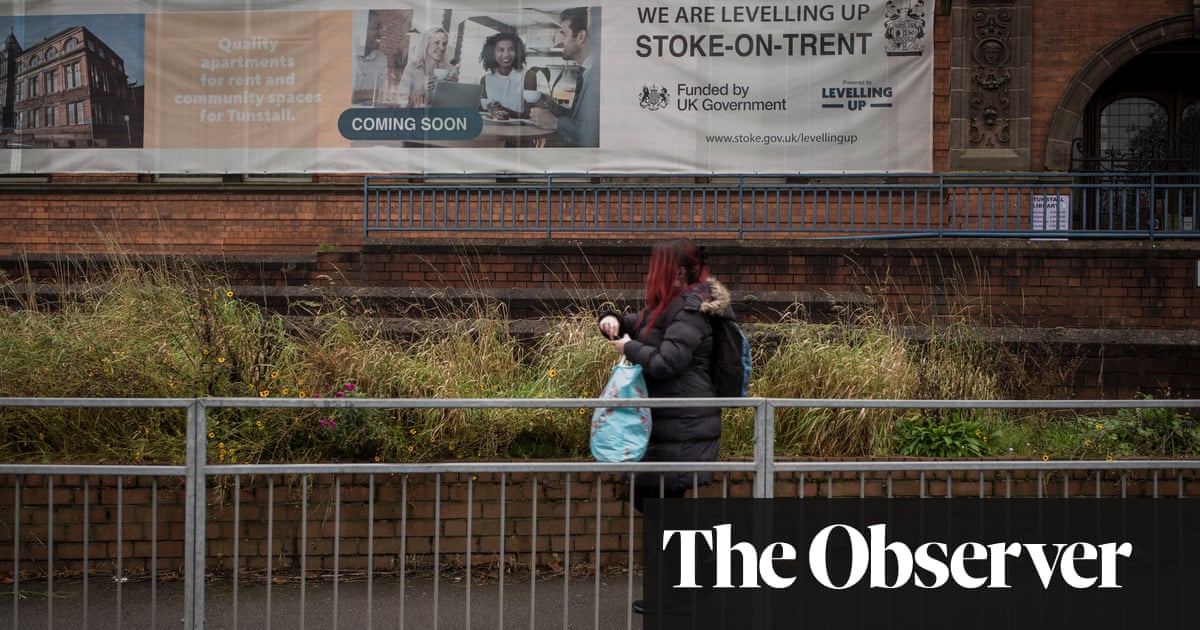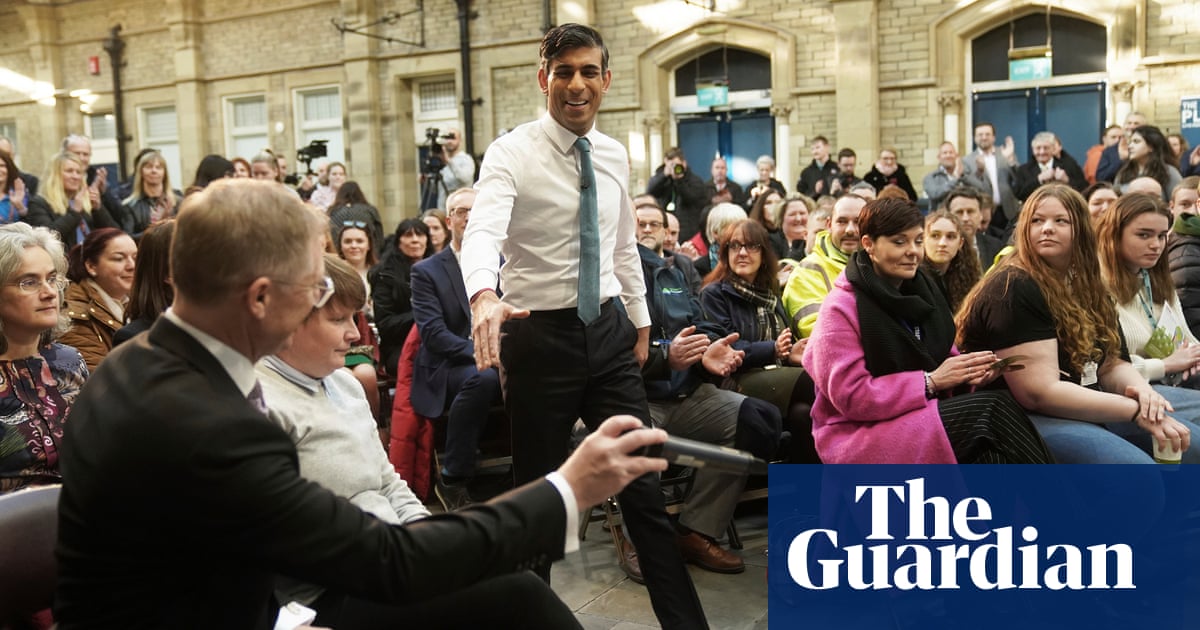
Ministers have been accused of wielding greater influence than they have admitted over the terms of a multibillion-pound “levelling up” scheme that critics claim favours Tory-held areas.
The government has received criticism for the terms of the £4.8bn levelling-up fund, after it emerged that dozens of Conservative regions were placed in the top tier for assistance, despite their relative affluence. Ministers responded to the backlash by saying they “did not have any of the political influence” suggested and had left the scheme in the hands of civil servants.
However, Lord Blunkett, the former home secretary, has raised serious questions about the claim, after a senior official stated that ministers were given two opportunities to approve the details of the scheme drawn up by civil servants.
In a letter to Blunkett, Jeremy Pocklington, permanent secretary of the ministry of housing, communities and local government (MHCLG), said that officials had drawn up the terms of the scheme to match the policy objectives set out by the Treasury. He added: “Ministers approved the selection of metrics recommended by officials at this stage … Officials undertook further work to finalise the relative weightings of each metric and generate a categorised list of places. Ministers then approved this list in line with officials’ recommendations.”
It follows previous accusations that ministers have used similar funds for political purposes. Last year, Robert Jenrick, the communities secretary, admitted that he and a junior minister approved payments to towns in each other’s constituencies from another government fund earmarked for deprived areas.
Blunkett said the government should “stop pretending they are ‘levelling up’ when the criteria they use for distributing public funding does the exact opposite.” He added: “Transparency, honesty and a willingness to take responsibility for designing and delivering additional cash would be a first step to securing long-term confidence in the political process. At the moment, the government is saying one thing in public, designing programmes in the exact opposite direction in private and hiding behind the civil service when challenged on the outcome.”
The MHCLG said that Blunkett’s claims were false and that Pocklington’s letter was entirely consistent with the process for developing the scheme set out by ministers. “These claims are false and demonstrate a fundamental misunderstanding of the process,” a spokesperson said. “This letter reiterates what we’ve always made clear – officials developed and recommended the levelling-up fund methodology to ministers who then agreed the index, weightings and metrics recommended.
“The £4.8bn levelling-up fund will invest in infrastructure that improves everyday life across all nations and regions of the UK, including regenerating town centres and high streets and upgrading local transport.”
Officials insist that ministers did not see a list of places before agreeing the scheme’s details. They said the fund was to be targeted in part towards places in need of economic renewal and more jobs.
There has already been anger among opposition MPs that among the 93 English regions placed in the “priority group” in the three-tiered system, 31 are included that are not among the top third most deprived places. Of those 31 areas, 26 are entirely represented by Conservative MPs, with the others having at least one Tory MP.
A main source of anger over the design of the system has been its failure to take account of deprivation. One of the priority areas is Richmondshire in North Yorkshire, home to the constituency of Rishi Sunak, the chancellor. It is among the top fifth of the most prosperous places in England by the average deprivation score.
Last year, parliament’s spending watchdog criticised how ministers distributed another fund amid concerns that decisions were politically biased. The public accounts committee said it was “not convinced by the rationales for selecting some towns and not others” for access to the towns fund.












